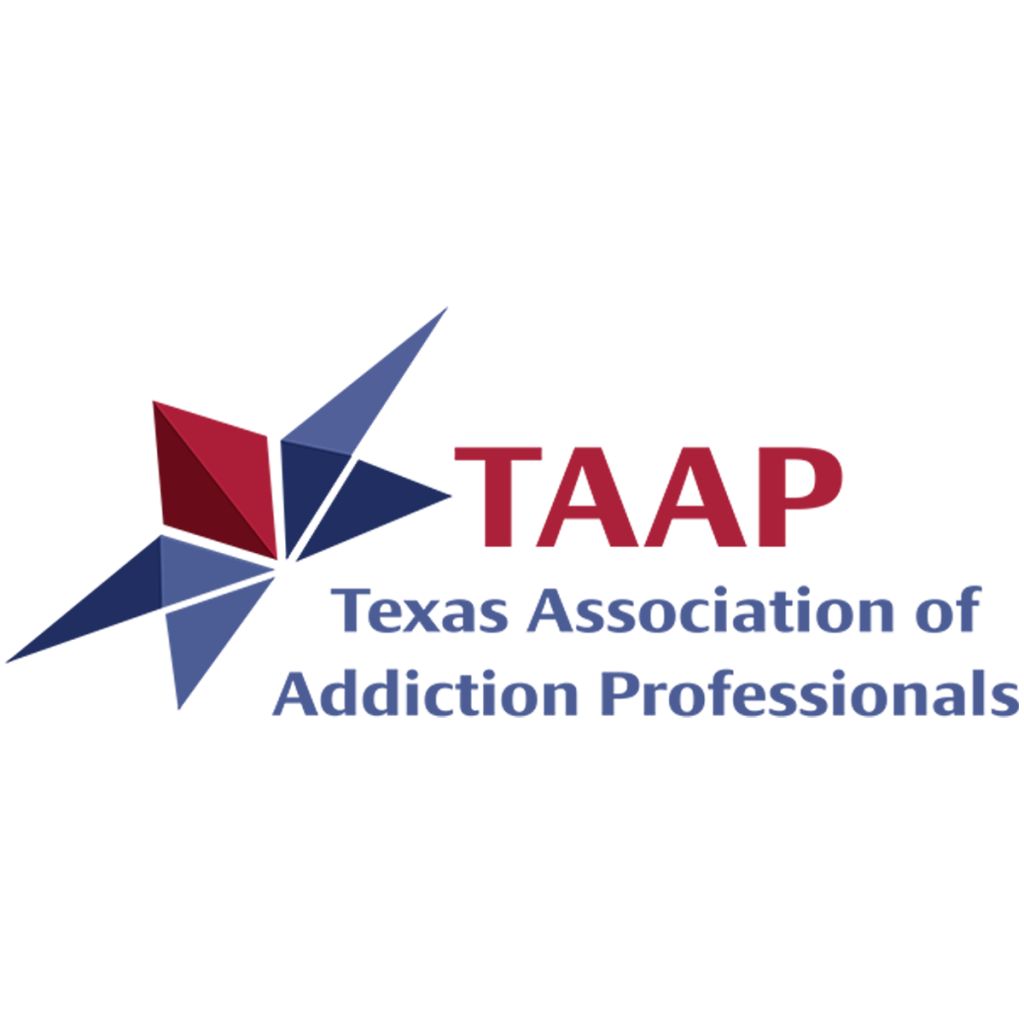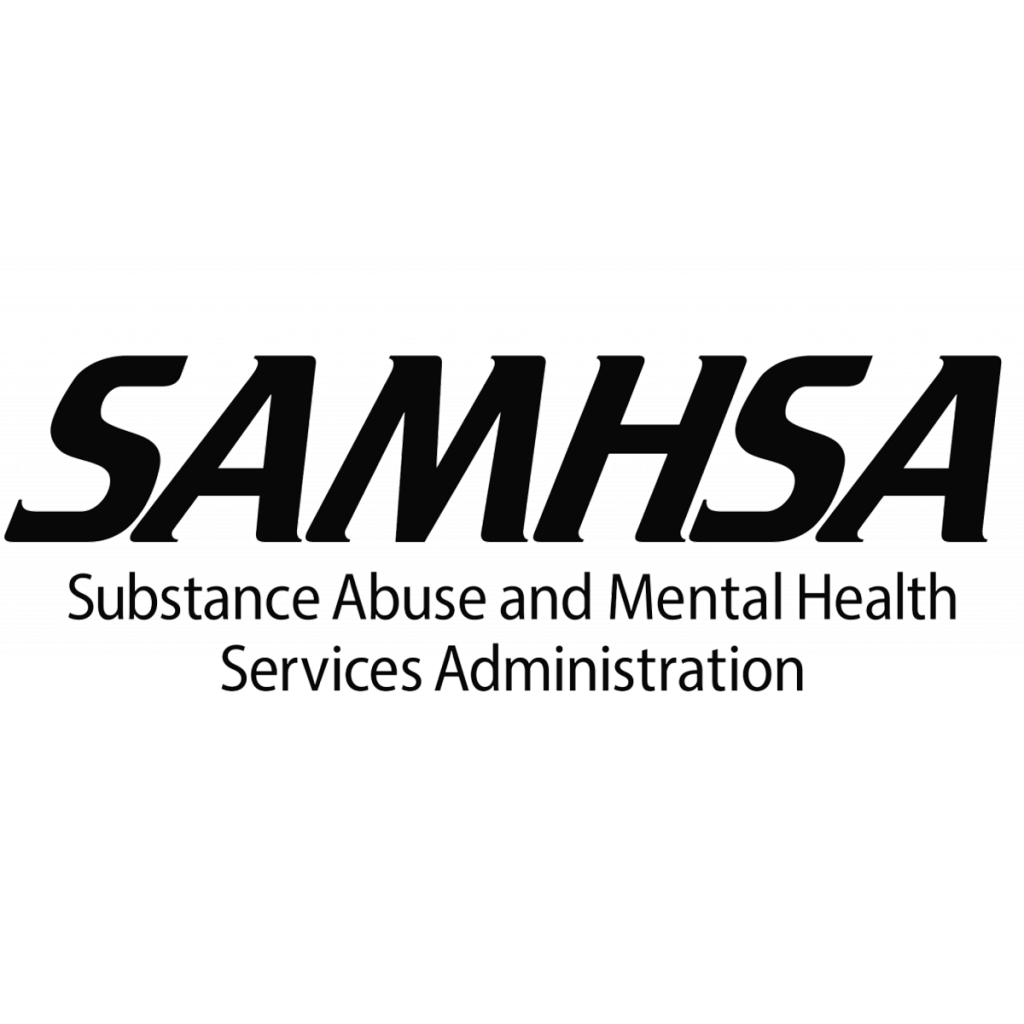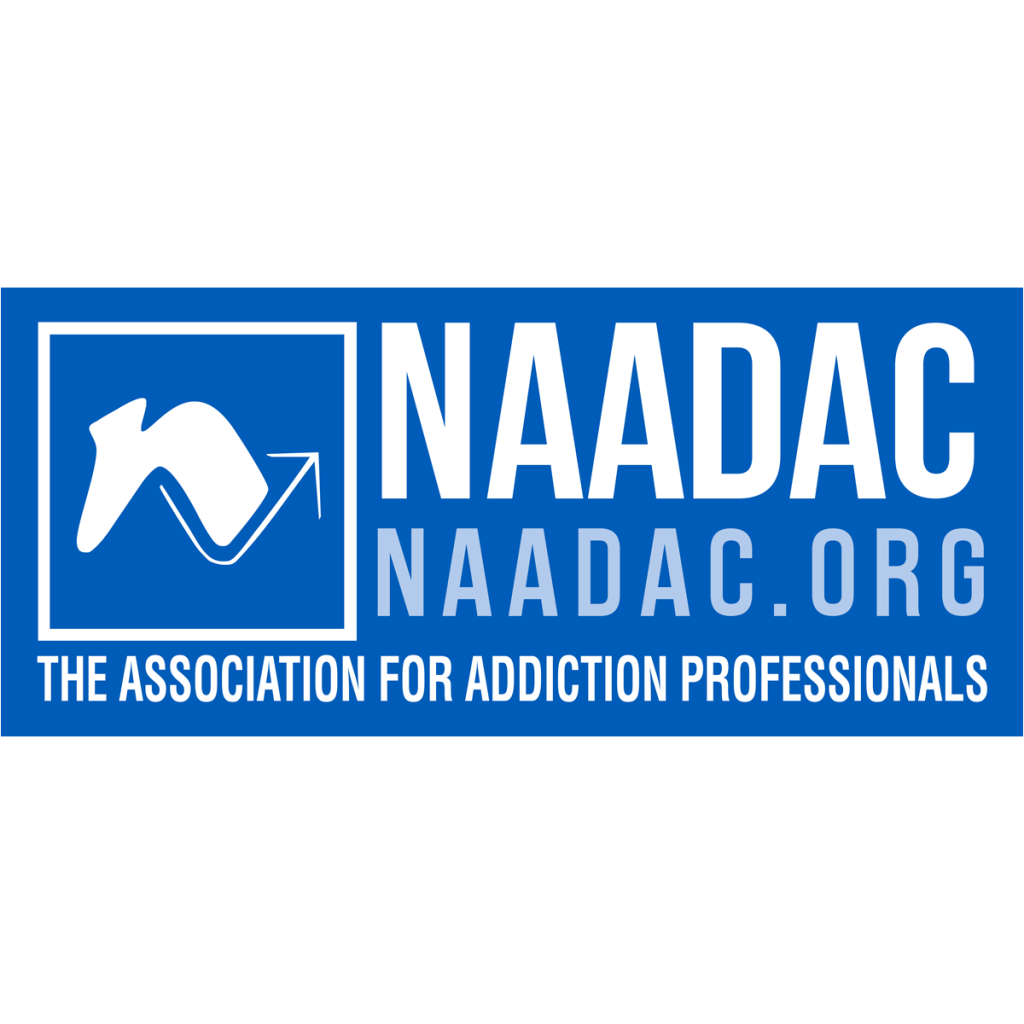Hydrocodone
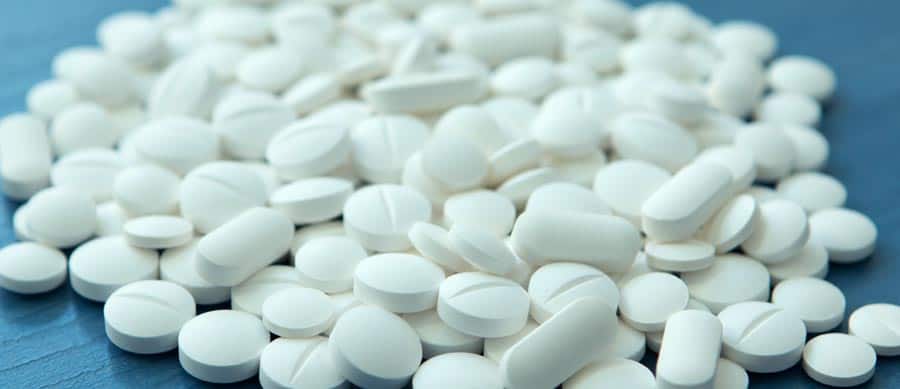
Hydrocodone/Vicodin Addiction, Detox and Treatment

Table of contents
What Is Hydrocodone?
Hydrocodone is an opioid pain medication, also known as a narcotic, that is used to treat moderate to severe pain and cough. It is a very common opiate for abuse, along with heroin and oxycodone. Hydrocodone is generally viewed as safe when it is taken on a short-term basis for medical purposes, but when abused or taken long-term, it can also be very powerful and addictive.
When consumed, hydrocodone effects the reward center in the brain, providing a euphoric effect, which can create cravings and drive further abuse. Even individuals who initially started taking hydrocodone as prescribed by a doctor may find that they like the physical effects it provides and begin to abuse it. In many cases, this leads to full-blown addiction.
Hydrocodone is manufactured in several different forms, including pills and liquid, and it is sold under many brand-name medications, including (but not limited to):
- Vicodin
- Lortab
- Lorcet
- Hydrococet
- Norco
- Donatussin
Hydrocodone vs. Oxycodone: What’s the Difference?
Hydrocodone and oxycodone are both narcotics that are used to treat pain and both can be habit-forming if they are misused. They are both Schedule II drugs, which means they have a high potential for abuse and addiction. While both of these prescription drugs are effective at relieving pain, they work in different ways.
Hydrocodone works by flooding the brain’s opioid receptors and blocking feelings of pain. It also increases serotonin levels in the brain, which contributes to feelings of euphoria and well-being. On the other hand, experts aren’t entirely sure how oxycodone works in the body. However, they do know that it affects central nervous system receptors and opioid receptors in the brain to block feelings of pain.
Another major difference between hydrocodone and oxycodone is the side effects they produce. Hydrocodone can cause side effects like increased heart rate, tremors, and back pain, while oxycodone can produce depression, anxiety, dry skin, and extreme confusion.
| Hydrocodone | Oxycodone |
| Narcotic approved to treat pain Schedule II drug (high potential for abuse/addiction) Works by flooding the brain’ opioid receptors and increasing serotonin levels in the brain Side effects like increased heart rate, tremors, and back pain | Narcotic approved to treat pain Schedule II drug (high potential for abuse/addiction) Works by affecting central nervous system receptors and opioid receptors in the brain Side effects like depression, anxiety, dry skin, and extreme confusion |
Slang for Hydrocodone
The following terms are street names or slang for hydrocodone:
- Hydro
- Vikes
- Tabs
- Vicos
- Perks
- Norco
- Watsons
How Common Is Hydrocodone Addiction and Abuse?
Data from the 2018 National Survey on Drug Use and Health revealed that hydrocodone products were the most commonly abused types of prescription pain relievers in 2018. An estimated 5.5 million Americans ages 12 or older misused hydrocodone in the past year, according to the 2018 survey.
The abuse of prescription pain relievers in America is a serious problem, affecting all aspects of individual and community well-being. The consequences of this abuse and addiction span from sickness and disease to a rapid increase in drug overdoses and overdose deaths.
The United States is the largest consumer of hydrocodone in the world, accounting for 99 percent of all hydrocodone consumption in 2007.
Hydrocodone abuse may look different from person to person, but any of the following actions are defined as abuse or misuse:
- Taking larger doses of hydrocodone than was prescribed
- Taking more frequent doses of hydrocodone than was prescribed
- Taking hydrocodone that was not prescribed for you
- Taking hydrocodone for the purpose of getting high
Although frequently prescribed, it is frequently abused by many individuals who eventually transition to heroin. This is because heroin is often much cheaper and easier to obtain.
[sc name=”phoneinsurancecta”]
What Are the Effects of Hydrocodone Addiction and Abuse?
When taken as directed by a doctor, hydrocodone can cause some side effects, and individuals who abuse hydrocodone are also likely to experience these symptoms as well. Immediate short-term effects of hydrocodone abuse may include:
- Dizziness
- Drowsiness
- Nausea
- Vomiting
- Constipation
- Confusion
- Slowed or shallow breathing
- Slow heartbeat
The long-term effects of hydrocodone abuse can be irreversible and deadly. They may include:
- Liver damage
- Hallucinations
- Psychosis
- Anxiety
- Depression
- Mood swings
- Death
What Are Common Signs of Hydrocodone Addiction?
Someone abusing hydrocodone may show some of the immediate, short-term physical effects listed above, but they may also show some of the following signs of hydrocodone addiction:
- Spending large amounts of money
- Isolating themselves from friends and family members
- Being excessively moody
- Getting prescriptions from several different doctors
- Exaggerating or lying about injuries to get prescriptions
- Getting frequent hydrocodone refills
If a loved one is showing any of the above signs, he or she may be addicted and should seek out a hydrocodone treatment program right away.
Hydrocodone Withdrawal Symptoms and Detox
When the hydrocodone leaves an addicted person’s system, they may experience uncomfortable or severe withdrawal symptoms.
Hydrocodone withdrawal symptoms may include:
- Muscle aches
- Headaches
- Anxiety
- Depression
- Chills
- Goosebumps
- Cravings
- Fatigue
- Vomiting
- Diarrhea
- Mood swings
For this reason, it’s very important that a person addicted to hydrocodone not attempt to detox on their own at home. Hydrocodone detox could prove to be very dangerous. Enrolling in a medically assisted detox program is the safest way to stop abusing hydrocodone before beginning an addiction treatment program.
Medically assisted hydrocodone detox can help a person safely withdrawal from hydrocodone by treating the physical symptoms of withdrawal. This will provide the most comfortable detox experience possible. Clinical staff can also provide individual and group therapy sessions to address any psychological and emotional responses to detox.
Individuals who enroll in hydrocodone detox are much more likely to successfully achieve a state of sobriety and maintain it with the help and support of a full medical and clinical team. A medically assisted hydrocodone detox program will also reduce the likelihood of a relapse.
[sc name=”phoneinsurancecta”]
Hydrocodone Withdrawal Timeline
| 12 hours after the last dose: | About 12 hours into hydrocodone detox, individuals may begin to experience mild symptoms of withdrawal, including muscle aches, insomnia, yawning, and watery eyes and nose. |
| 1-3 days after the last dose: | Hydrocodone withdrawal symptoms typically peak during this time and become more severe. Individuals may begin to experience symptoms such as nausea, vomiting, diarrhea, and anxiety. |
| 4 or more days after the last dose: | By this point, the majority of hydrocodone withdrawal symptoms should have subsided. Some people may experience post-acute withdrawal syndrome, in which case some symptoms may continue for several weeks. These may include depression, anxiety, cravings, insomnia, and irritability. |
Hydrocodone Rehab Options
After a detox program has been completed, hydrocodone rehab can help people address the root causes of their addiction and learn how to make lifestyle changes that will reduce their risk for relapse and help them maintain a life of sobriety.
The National Institute on Drug Abuse states that drug rehab of 90 days or longer will provide the best opportunity for continued sobriety. Thirty-day hydrocodone treatment programs just don’t provide enough time to effectively accept the problem of addiction, modify behaviors and thoughts, and put relapse prevention strategies into place. Therefore, enrolling in a long-term hydrocodone rehab program is the best option for overcoming addiction.
In hydrocodone rehab, clients work with addiction treatment professionals and peers who are also in recovery to do the following:
- Learn more about the disease of addiction
- Work through the 12-step program
- Learn and implement relapse prevention strategies
- Gain important life skills
- Practice living sober
The objectives of hydrocodone treatment are achieved with individual and group counseling, educational lectures, behavioral therapy, other specialized therapies, participation in the 12-step program, and ongoing peer support.
Inpatient Drug Rehab vs. Outpatient Drug Rehab
When choosing a hydrocodone rehab program, it’s important to consider all types and what will best meet the needs of the individual in recovery. At an inpatient drug rehab center, clients are required to live onsite throughout the duration of their recovery program. During this time, a structured schedule must be maintained and contact with the outside world is limited. Family and friends are still allowed to visit, but all visits must be arranged in advance.
If a client is enrolled in an outpatient hydrocodone rehab program, he or she will be required to attend a series of group sessions at a convenient and safe clinical location. These sessions will be facilitated by an addiction treatment professional and will cover everything from addiction education and relapse prevention, to life skills, problem-solving, and self-care. Clients will also work through the 12-step program as they advance through the rehab program. Outpatient rehab may be ideal for someone who is otherwise unable to commit to 90 days in an inpatient hydrocodone treatment center.
The cost of hydrocodone rehab will vary depending on the type of program and the duration. Clients have several different options when it comes to payment, including:
- Health insurance benefits
- Financed healthcare loans
- Employee Assistance Programs (EAP)
- Private loans from family or friends
- Medical credit cards
- Scholarships or grants
- Out-of-pocket payments
Continued Care Options for Hydrocodone Addiction Treatment
Hydrocodone addiction cannot be overcome in a matter of days or even weeks. It will take a great deal of time, effort, and continued support to successfully maintain a lifestyle of sobriety. There are several different types of recovery support services and programs that can help individuals achieve genuine and lasting sobriety after completing formal hydrocodone treatment in detox and rehab.
Sober Living Programs
Often times an individual may not have a sober living environment to return to upon completion of their drug rehab program. Sober living programs provide safe, supportive, and sober living environments for men and women in recovery. They are also designed to help clients achieve their recovery goals and maintain their sobriety by providing structured living, tiered recovery programs, regular drug and alcohol testing, and education/employment assistance. Many sober living homes also provide family support by involving loved ones in the recovery process.
Depending on the location and the type of transitional housing available, the cost of a sober living program will vary. Regardless, the recovery support services provided will help clients transition from a life of addiction into an independent life of sobriety.
Aftercare Programs
An aftercare program is designed to support alumni of drug and alcohol rehab programs. Although a client may have already completed a rehab program for their hydrocodone addiction, he or she will still need ongoing support to maintain a sober lifestyle and continue to grow personally.
Aftercare programs are comprised of a series of weekly meetings where drug rehab alumni are invited to come together and discuss personal issues and challenges they are facing in their sobriety. This serves as an outlet and a place to check-in with other individuals who are also in recovery. Perfect for individuals in all stages of recovery, aftercare programs are a great way to continue prioritizing sobriety even after completing a drug rehab and sober living program.
Nova Recovery Center offers a large range of substance abuse treatment services: detox, residential, outpatient and sober living.
Treatment Options
Treatment Locations
Call Us Now and Begin Healing at (512) 605-2955
Or text us and we will call you right back.
Not quite ready for a call? You can fill out the form below.
What Makes Us Different
- Gender-specific treatment
- Evidenced-based treatment
- 12-Step immersion
- 90-day residential treatment
- Family program
- Full continuum of care
- Insurance and private pay
100% Confidential Guarantee
Confidential Consultation
Nova Recovery Center is dedicated to helping you or your loved one get help. Please call or fill out this form for a confidential consultation.
One of our understanding, dedicated advisors will contact you about your options. Begin healing today.
Nova Recovery Center is dedicated to helping you or your loved one get help. Please call or fill out this form for a confidential consultation. One of our understanding, dedicated advisors will contact you about your options. Begin healing today.


